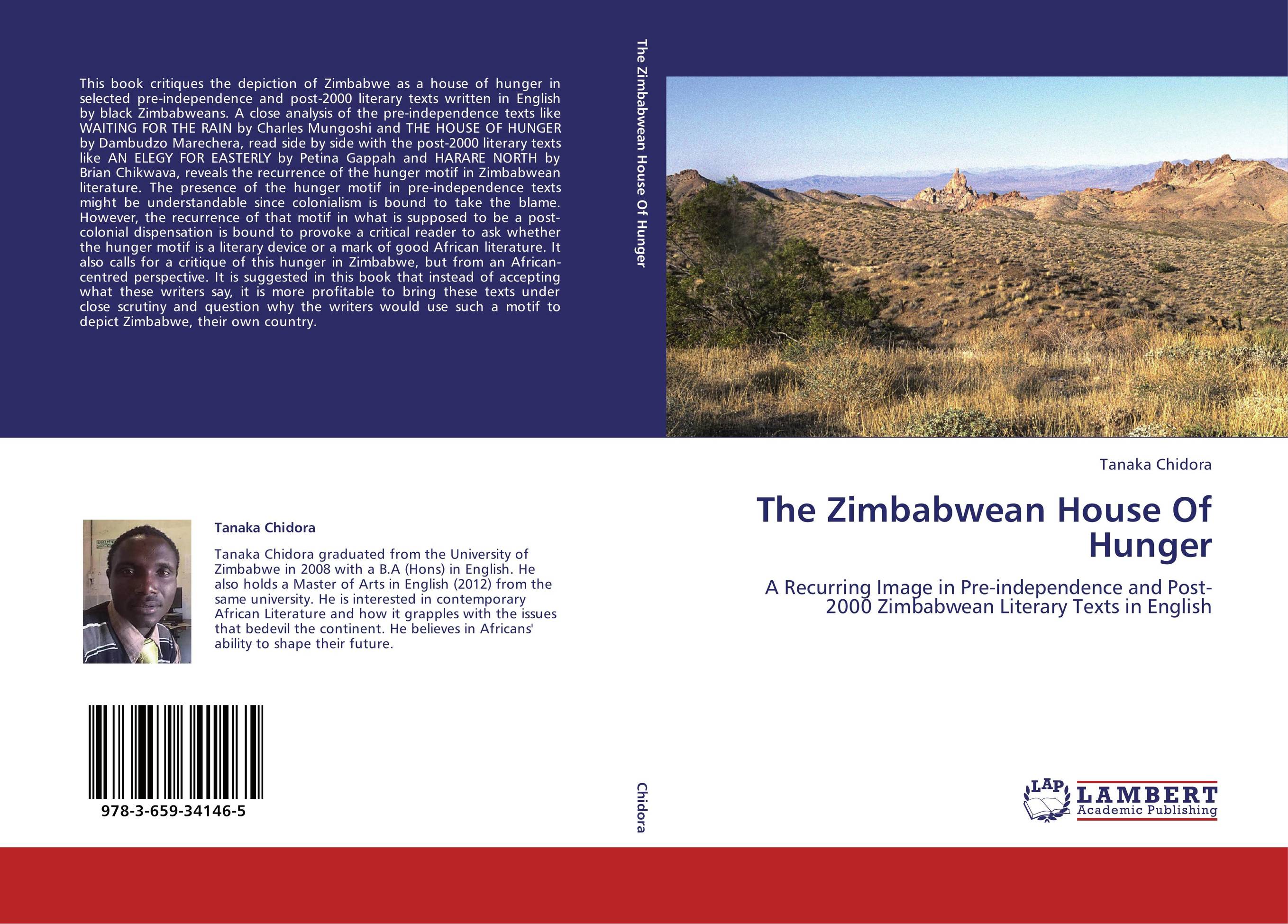| Поиск по каталогу |
|
(строгое соответствие)
|
- Профессиональная
- Научно-популярная
- Художественная
- Публицистика
- Детская
- Искусство
- Хобби, семья, дом
- Спорт
- Путеводители
- Блокноты, тетради, открытки
The Zimbabwean House Of Hunger. A Recurring Image in Pre-independence and Post-2000 Zimbabwean Literary Texts in English

В наличии
| Местонахождение: Алматы | Состояние экземпляра: новый |

Бумажная
версия
версия
Автор: Tanaka Chidora
ISBN: 9783659341465
Год издания: 2013
Формат книги: 60×90/16 (145×215 мм)
Количество страниц: 180
Издательство: LAP LAMBERT Academic Publishing
Цена: 42454 тг
Положить в корзину
| Способы доставки в город Алматы * комплектация (срок до отгрузки) не более 2 рабочих дней |
| Самовывоз из города Алматы (пункты самовывоза партнёра CDEK) |
| Курьерская доставка CDEK из города Москва |
| Доставка Почтой России из города Москва |
Аннотация: This book critiques the depiction of Zimbabwe as a house of hunger in selected pre-independence and post-2000 literary texts written in English by black Zimbabweans. A close analysis of the pre-independence texts like WAITING FOR THE RAIN by Charles Mungoshi and THE HOUSE OF HUNGER by Dambudzo Marechera, read side by side with the post-2000 literary texts like AN ELEGY FOR EASTERLY by Petina Gappah and HARARE NORTH by Brian Chikwava, reveals the recurrence of the hunger motif in Zimbabwean literature. The presence of the hunger motif in pre-independence texts might be understandable since colonialism is bound to take the blame. However, the recurrence of that motif in what is supposed to be a post-colonial dispensation is bound to provoke a critical reader to ask whether the hunger motif is a literary device or a mark of good African literature. It also calls for a critique of this hunger in Zimbabwe, but from an African-centred perspective. It is suggested in this book that instead of accepting what these writers say, it is more profitable to bring these texts under close scrutiny and question why the writers would use such a motif to depict Zimbabwe, their own country.
Ключевые слова: Zimbabwe, Exile, hunger, Afrocentricity, literature, Waiting, Marechera, Mungoshi, Gappah, Chikwava



